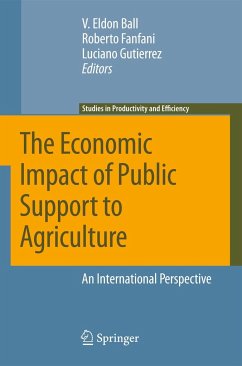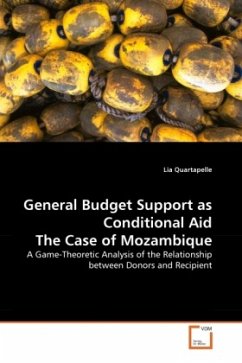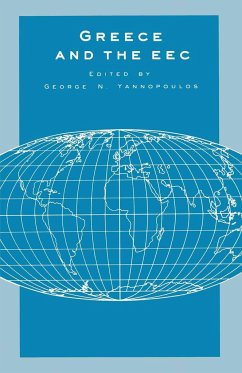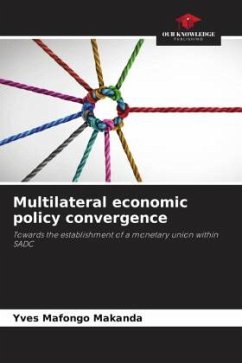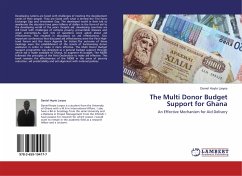
The Impact of EU Regional Support on Economic Convergence
REGIONAL POLICY AND ITS FINANCIAL INSTRUMENTS IN THE EUROPEAN UNION, THE IMPACT OF REGIONAL SUPPORT: THEORY AND EVIDENCE, ASSESSMENT OF THE IMPACT
Versandkostenfrei!
Versandfertig in 6-10 Tagen
32,99 €
inkl. MwSt.

PAYBACK Punkte
16 °P sammeln!
The large income gaps among the European regions have been a key factor in determining not only the implementation and development of the EU regional policy but also a large amount of controversial debates related to its efficacy in mitigating poverty and inducing convergence. Based on the endogenous growth models predictions, the EU regional policy has witnessed a continuously increased importance both in political and budgetary terms. However, the persistence of inequalities and the progressive share of the EU budget allocated to the EU Regional Policy have generated some doubts among resear...
The large income gaps among the European regions have been a key factor in determining not only the implementation and development of the EU regional policy but also a large amount of controversial debates related to its efficacy in mitigating poverty and inducing convergence. Based on the endogenous growth models predictions, the EU regional policy has witnessed a continuously increased importance both in political and budgetary terms. However, the persistence of inequalities and the progressive share of the EU budget allocated to the EU Regional Policy have generated some doubts among researchers with regard to its efficacy in reducing the economic disparities among the EU regions. In this context, the purpose of this paper is an obvious one: examining whether a process of convergence has taken place among the regions of the four EU Cohesion Countries and assessing the role of the EU financial support in promoting convergence.





